Science Studies Colloquium
The Science Studies Colloquium is a series of monthly meetings where scholars interested in scientometrics, science of science, sociology of science and related areas present their work to each other in a virtual setting. Each colloquium is one hour, with approximately 30 minutes presentation and 30 minutes discussion. If you are interested in joining the colloquium as audience, you can use this link:
If you are a scholar and would like to present your work, send an e-mail with the suggested topic and a brief outline of the contents to Jens Peter Andersen Jens Peter Andersen <jpa@ps.au.dk>
Past presentations can be found below the current schedule, or on our YouTube channel (link opens in another window).
Use Zoom link: https://aarhusuniversity.zoom.us/my/ipoga
Newsletter
Would you like to receive a monthly reminder about the colloquium? Please sign up for our newsletter. We will only send a monthly reminder, approximately a week before the next meeting, or if there are changes to the programme.
Easy time conversion and calendar events
Click the links containing the time and date of a presentation, and you will be directed to timeanddate.com, where you can easily see the event time in your local time zone and import it to your calendar.
Schedule
There are no planned presentations.
Past presentations

Field-level differences in paper and author characteristics across all fields
Wednesday, December 07 2022, 15:00 CET (+0100)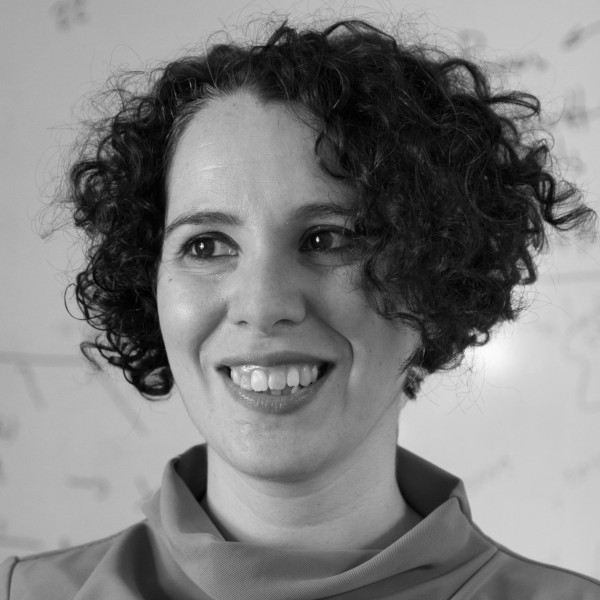
Quantifying biases and inequalities in science
Wednesday, November 02 2022, 16:00 CET (+0100)

Article Processing Charges and the Stratification of Open Access Publishing
Wednesday, October 05 2022, 15:00 CEST (+0200)Recorded presentation
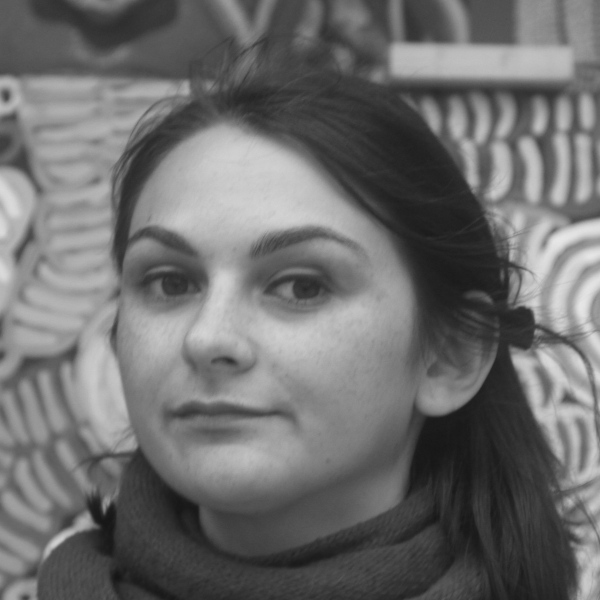
Geography of scientific research and knowledge networks
Wednesday, September 14 2022, 15:00 CEST (+0200)Recorded presentation
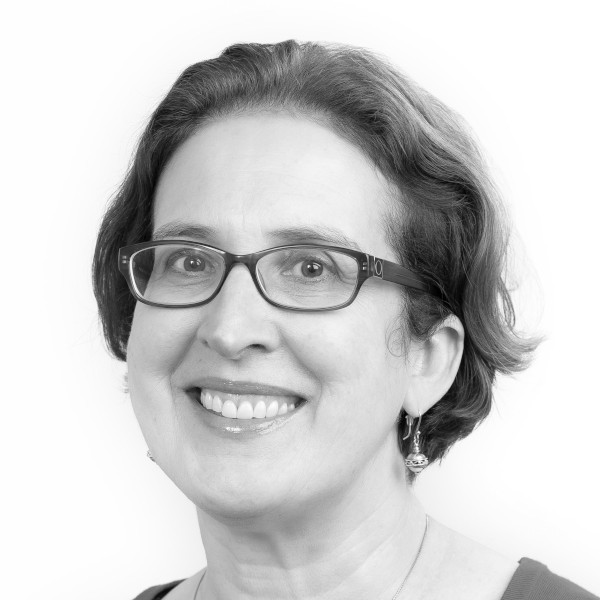
Paper mills and the preclinical research ecosystem
Wednesday, July 06 2022, 14:00 CEST (+0200)Recorded presentation

The Effect of Mentor Gender on the Evaluation of Protégés
Wednesday, June 08 2022, 15:00 CEST (+0200)Recorded presentation

Man-Woman Collaboration and Academic Careers: a Study of 25,000 University Professors
Wednesday, April 13 2022, 15:00 CEST (+0200)Recorded presentation
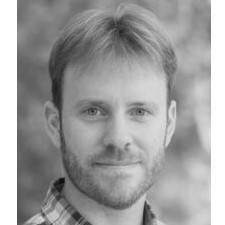
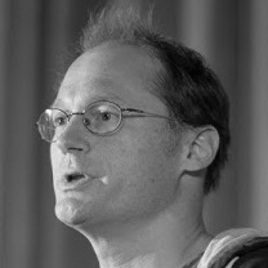

Tortured phrases: A dubious writing style emerging in science. Evidence of critical issues affecting established journals
Wednesday, March 09 2022, 15:00 CET (+0100)Recorded presentation
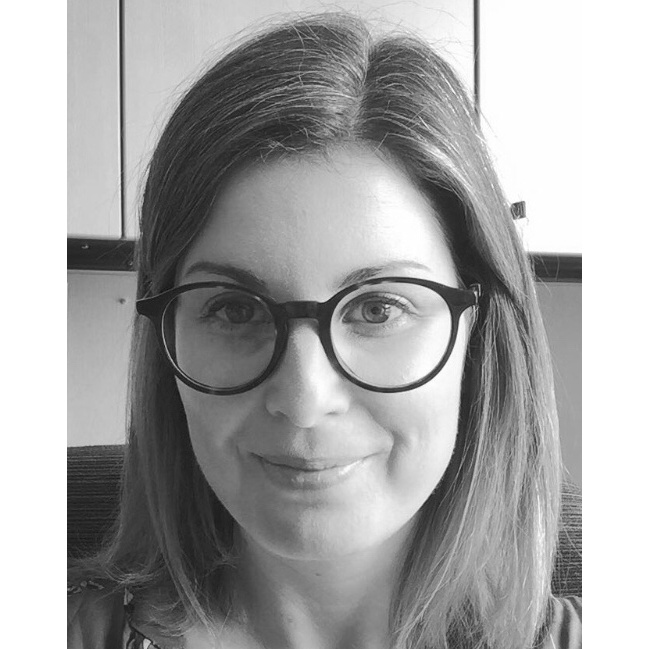
How can we reduce the misuse of metrics in academia?
Wednesday, February 09 2022, 15:00 CET (+0100)Presentation slides | Recorded presentation
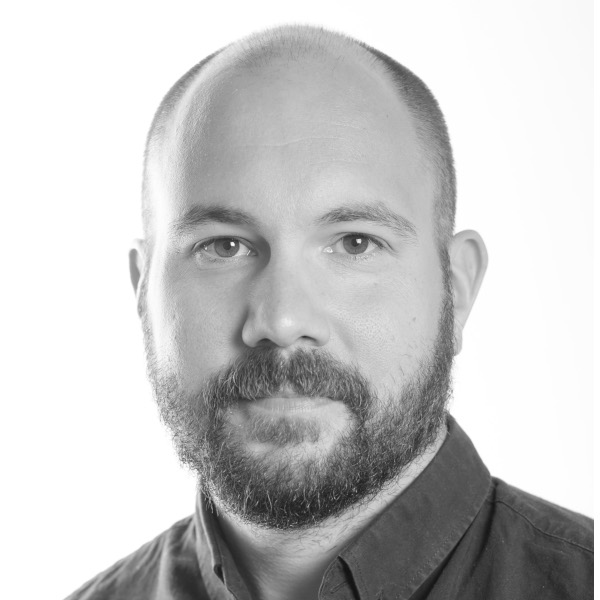
Assessing academic careers: Metrics and trajectories in the evaluation of professorial candidates
Wednesday, January 12 2022, 15:00 CET (+0100)Recorded presentation

Intersectional inequalities in science
Monday, December 06 2021, 15:00 CET (+0100)Recorded presentation
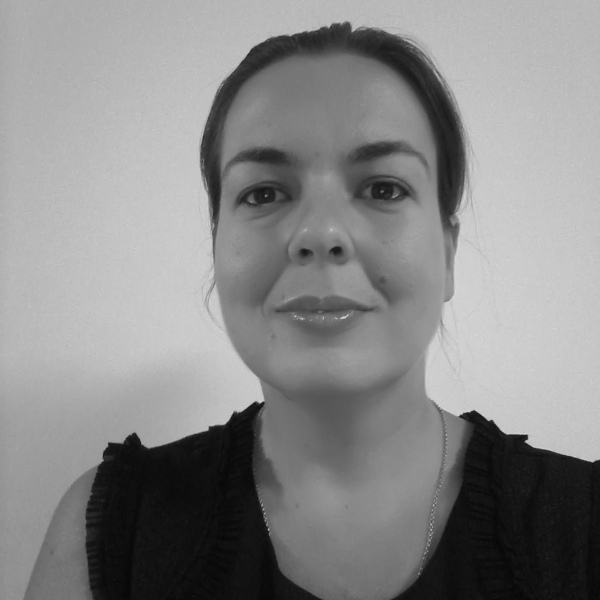
The proliferation of hijacked journals: detection and academic misconduct
Wednesday, November 10 2021, 15:00 CET (+0100)Recorded presentation

Are self-citations a normal feature of knowledge accumulation or a perversion of research evaluation?
Wednesday, October 13 2021, 15:00 CEST (+0200)Recorded presentation